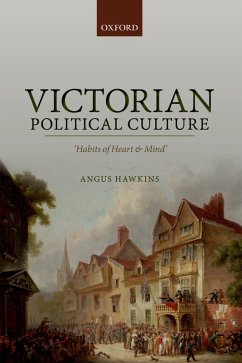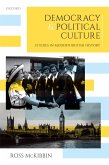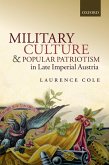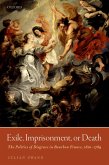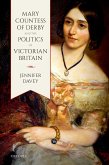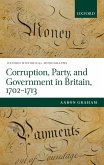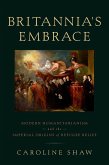Victorian Britain is often described as an age of dawning democracy and as an exemplar of the modern Liberal state; yet a hereditary monarchy, a hereditary House of Lords, and an established Anglican Church survived as influential aspects of national public life with traditional elites assuming redefined roles. After 1832, constitutional notions of 'mixed government' gradually gave way to the orthodoxy of 'parliamentary government', shaping the function and nature of political parties in Westminster and the constituencies, as well as the relations between them. Following the 1867-8 Reform Acts, national political parties began to replace the premises of 'parliamentary government'. The subsequent emergence of a mass male electorate in the 1880s and 1890s prompted politicians to adopt new language and methods by which to appeal to voters, while enduring public values associated with morality, community and evocations of the past continued to shape Britain's distinctive political culture. This gave a particularly conservative trajectory to the nation's entry into the twentieth century. This study of British political culture from the late eighteenth to the early twentieth century examines the public values that informed perceptions of the constitution, electoral activity, party partisanship, and political organization. Its exploration of Victorian views of status, power, and authority as revealed in political language, speeches, and writing, as well as theology, literature, and science, shows how the development of moral communities rooted in readings of the past enabled politicians to manage far-reaching change. This presents a new over-arching perspective on the constitutional and political transformations of the Victorian age.
Dieser Download kann aus rechtlichen Gründen nur mit Rechnungsadresse in A, B, BG, CY, CZ, D, DK, EW, E, FIN, F, GR, HR, H, IRL, I, LT, L, LR, M, NL, PL, P, R, S, SLO, SK ausgeliefert werden.

